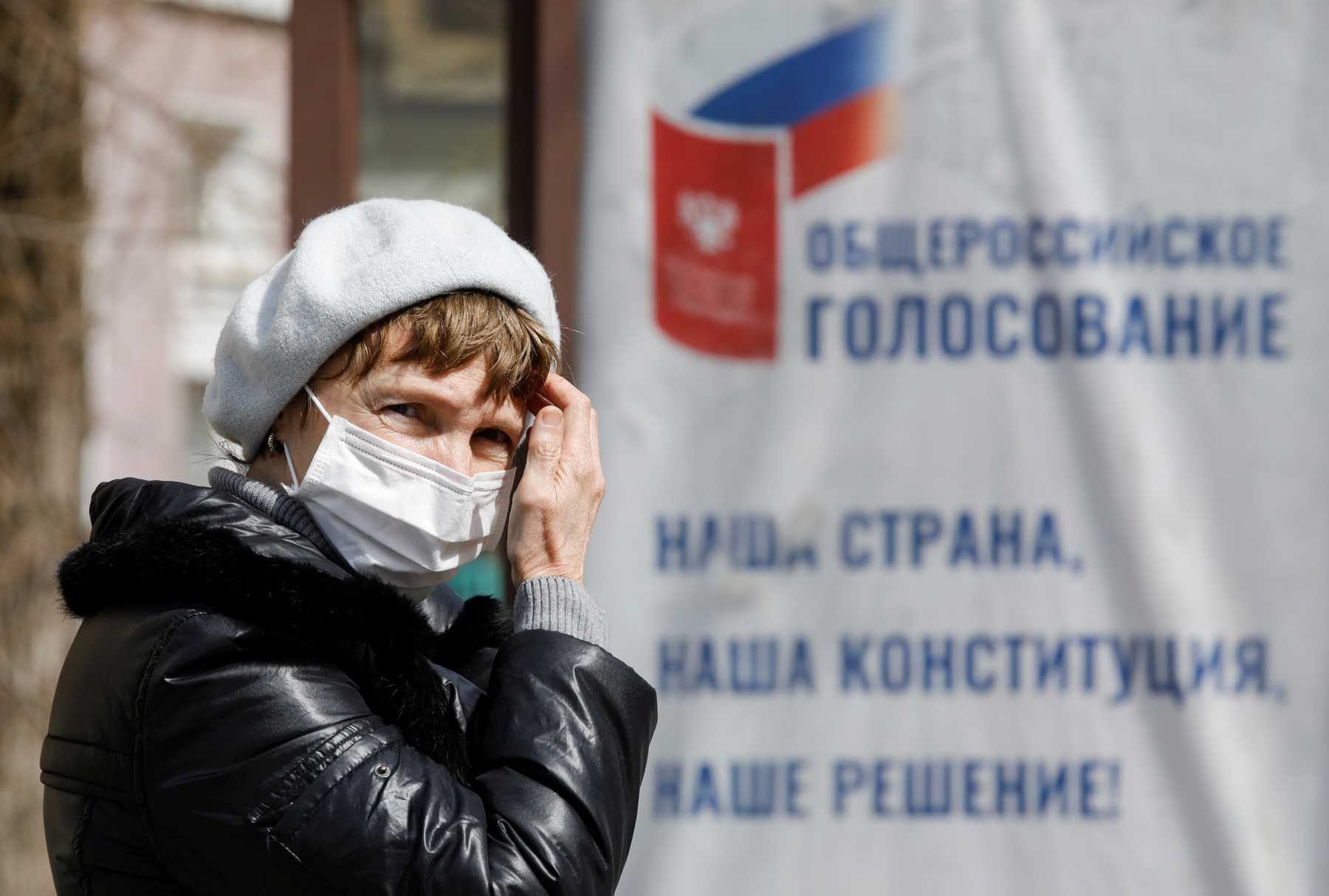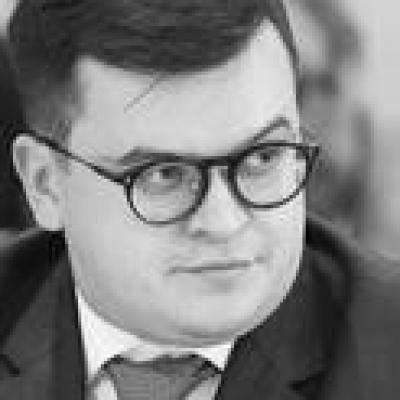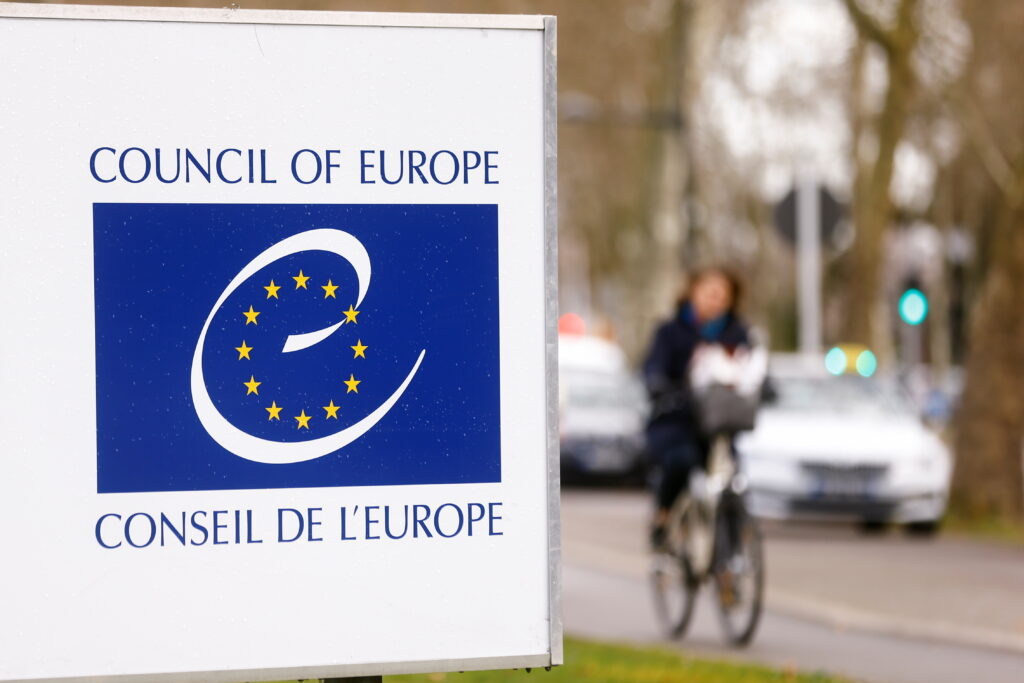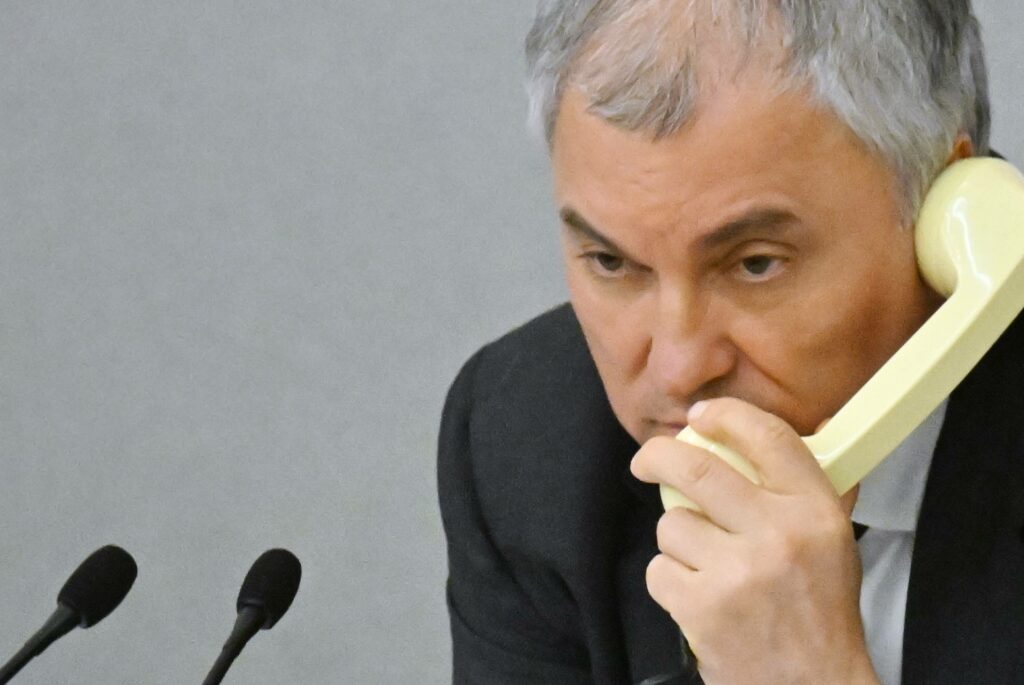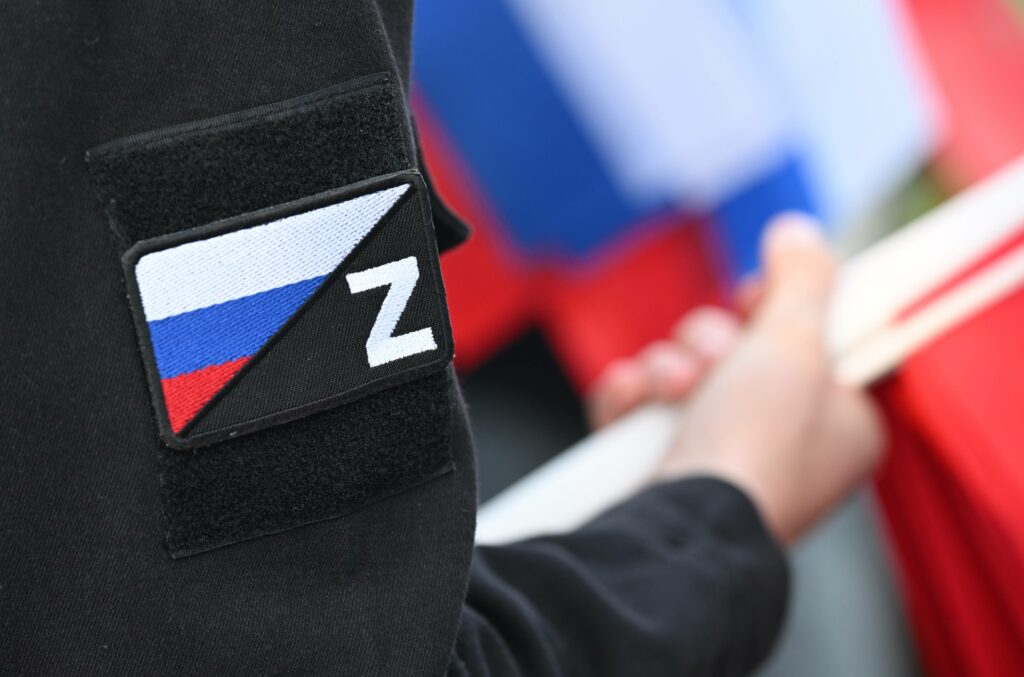On March 25, Vladimir Putin rescheduled a 22 April popular vote on constitutional amendments. The new date has not been set yet, but preparations for voting are in full swing.
The vote was problematic from the start. Experts are challenging its legality, and the result will be called into question. One problem: the initiators of these amendments pushed for extra electoral legitimacy, even though they could have adopted them without voter involvement. Their approach to voting was unorthodox as well. They introduced a new formula not envisaged in the legislation. It’s a one-time procedure because some legal amendments needed to hold this vote are valid only til the end of June. Theoretically, the deadline — for example, to the law on public procurement — can be moved to a later date because of the coronavirus pandemic. But the logic remains the same: no one except the president can trigger the vote again. This is Putin’s unprecedented personal political initiative, paid for with 15 billion roubles of taxpayers’ money.
If we look at the legal definition of a referendum (‘a national vote on issues of national importance’), it is clear the upcoming vote is a referendum. However, in this plot, the word ‘referendum’ is like Lord Voldemort from the Harry Potter novels: ‘He Who Must Not Be Named’.
It is possible to understand the government’s reluctance to call the referendum a referendum if we analyse the difference between the proposed formula and the procedures defined in the electoral law.
No restrictions on campaigning
Russian laws on elections and referendums impose strict rules on campaigning. Public authorities and officials cannot be involved. Opponents’ equal rights are guaranteed — for example, free airtime and printed space in state-owned mass media — and there are limitations on the amount which can be spent on campaigning. None of these rules applies to this vote.
According to the organisers, this improves campaigning by offering more rights and opportunities. As the chairwoman of the Central Election Commission (CEC) put it, ‘Freedom of viewpoints is ensured, go ahead and argue, debate, discuss’.
We can already see active campaigning in favour of the amendments. Public officials are making positive statements. And so are organisers of the vote, i.e. electoral commissions, which should be impartial by all international standards. This can be seen in videos produced by the Russian CEC. In one, the well-known actor Sergey Bezrukov advertises the amendment which reinforces the status of the Russian language. Under the laws on elections and referendums, this would be blatant campaigning. The prospectus published by the Russian CEC contains an almost exhaustive list of campaign characteristics; the need to amend the constitution is justified, as are prospective positive outcomes of the amendments, etc.
Other administrative bodies are behaving similarly. There are already several dozen reports of abuse of administrative power. Some can be found on the website ‘Map of Violations’ that collects information from ordinary citizens.
Opponents of the amendments face restrictions on campaigning. For example, the website of the NO! campaign is blocked in Russia. The coronavirus has also played a role, since all mass assemblies are not allowed. In many regions, these restrictions were already introduced on March 10 — right after Putin’s announcement that he had nothing against further presidential terms.
Under these circumstances, it is ridiculous to claim that unrestricted campaigning is leading to meaningful public discussion.
46 amendments
There is yet another consequence of ignoring laws on referenda. Citizens should have the opportunity to vote on each set of related amendments separately. The amendments must be indicated on the ballot paper, while the wording of the question must not allow for ambiguity. For example, on July 27, 2018, the Russian CEC rejected the Communist Party’s proposal to conduct a nationwide referendum, on the grounds that the question (‘Do you agree that the age of eligibility for an insurance old-age pension should not be raised in the Russian Federation?’) was not specific enough.
This time, there is only one question put to the voters: ‘Are you in favour of the amendments to the Constitution of the Russian Federation?’ It is unclear which amendments we’re talking about – only the latest changes, or all since 1993, when the text of the binding constitution was adopted? If we’re talking about the latest amendments, it’s not clear how to vote on 46 amendments en bloc. A citizen may be in favour of the proposed social guarantees but against resetting to zero the number of presidential terms.
A week of voting beyond control
Compared to the electoral legislation, these voting requirements are far more lax.
First, a monopoly on observation. During elections and referendums, political parties should be able to delegate representatives as observers or commission members. Not in this case. Civic chambers — mock-up civic entities established by the government itself — will be the only observers. The effectiveness of their observation has been criticised both by Russian experts and by observers from the OSCE’s Office for Democratic Institutions and Human Rights (OSCE ODIHR).
Media accreditation requirements are strict. Journalists’ rights prescribed by the federal law are now restricted by a regulation, which in itself violates the law.
This is not the main problem. The broader variety of voting options raises the most serious concern. We are talking about early, home and remote voting, which have always been criticised in Russia. Criticised even by the CEC itself for lack of transparency. The results obtained by these types of voting in Russian elections have always been inexplicably and radically different from results at traditional polling stations. For several years, the CEC discouraged these methods. Currently, the role of early, home and remote voting is growing. Moreover, a combination, that is early home voting which can last for up to seven days, has been introduced. In the absence of regular observation missions, no one could check how the ballots get into the ballot boxes.
What is more, the vote organisers slashed the content of the final protocol. It will no longer show the number of those who voted at home, in early elections or online. All this encourages fraud.
No appeal procedure
One of the internationally recognised standards in any type of voting is the ability to appeal. There were problems with that in Russia earlier. Yet at least then options existed at the legislative level for elections and referendums. In this case there will be not even a theoretical chance to appeal. For example, the Code of Administrative Procedure mentions the possibility to question the results of elections and referendums. It does not for a popular vote. There isn’t even a list of the bodies entitled to do so.
What’s next?
The coronavirus resulted in certain modifications, to the detriment of the authorities. The latest polls show a split in opinions about the amendment on resetting the number of Putin’s presidential terms to zero. Opponents of the amendment have shown strong motivation. The authorities might find it tough to ensure the desired outcome. A deteriorating economic situation due to the collapse of the rouble and growing anxiety could make things harder.
According to systems theory, the smallest impulse can lead to unpredictable consequences during a crisis. That is why the authorities may enjoy the vote delay. Emotions over the constitution may calm down. The new presidential terms may get forgotten. The streets will still be covered in billboards advertising a positive effect of the amendments. (Beneficiaries include cats and children is one campaign theme.)
Still, the voting cannot be postponed for long. A regional election is set for the end of June in two dozen regions. Electoral commissions should be working without the added burden of the public vote. As announced by the CEC chairwoman, the vote cannot be combined with the regional elections. The voting methods are completely different and electoral commission members could get confused.
That means the vote will have to take place immediately after the quarantine. That is, in late May or early June. It would be a time when many people have already been without pay (or work) for two months because of government anti-epidemic measures. A lot will swing on two factors: will the opponents of the amendments be able to rise to the challenge on the polling day? And how extensive will the monitoring be? Both factors are problematic. First, some opposition leaders have started calling for a boycott of the vote, depressing turnouts. Second, public monitoring will be difficult to organise. Still, the opposition has plenty of time to tackle these issues.
